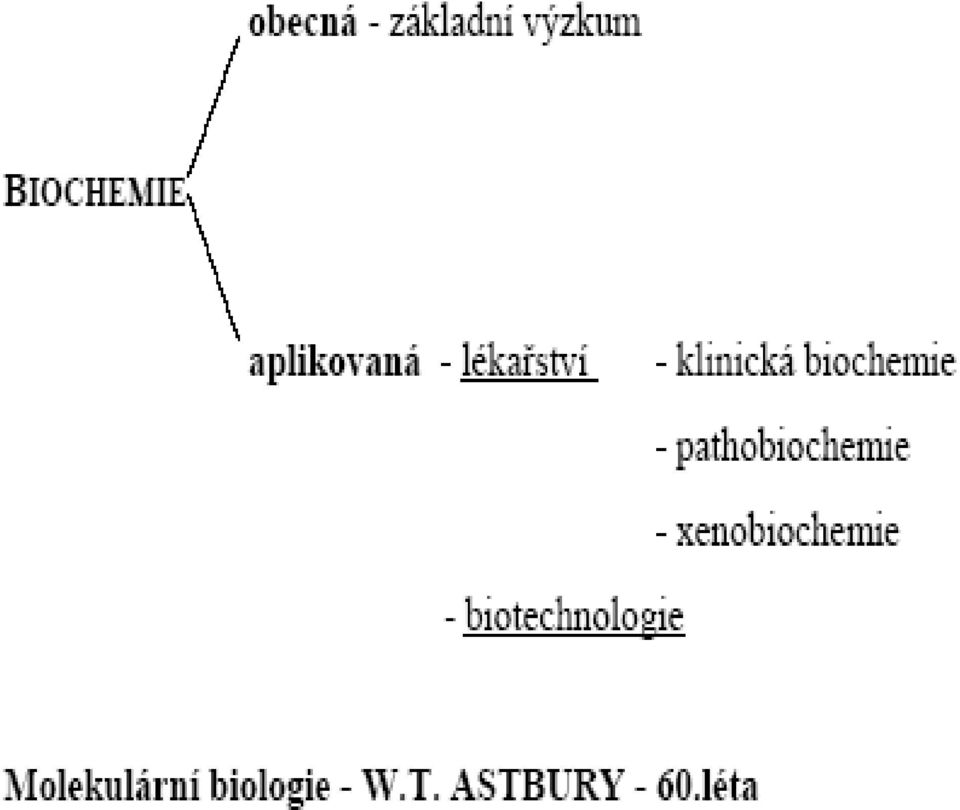Prezentaciya o disnejlende v amerike youtube. CHM 312 Biochemistry II Lab Spring 2013 Instructor: Dr. Matthew Junker. Techniques by Rodney Boyer, 2. Techniques of biochemistry - Explain the concepts on.

Q 2011 by The International Union of Biochemistry and Molecular Biology BIOCHEMISTRY AND MOLECULAR BIOLOGY EDUCATION Vol. 196–203, 2011 Article A Writing-Intensive, Methods-Based Laboratory Course for s Undergraduates& Received for publication, July 30, 2010, and in revised form, December 16, 2010 Keri L. Colabroy‡ From the Department of Chemistry, Muhlenberg College, Allentown, PA 18104 Engaging undergraduate students in designing and executing original research should not only be accompanied by technique training but also intentional instruction in the critical analysis and writing of scientific literature. The course described here takes a rigorous approach to scientific reading and writing using primary literature as the model while simultaneously integrating laboratory instruction on basic enzyme purification and characterization, followed by 6 weeks of laboratory dedicated to studentdesigned original research projects. In the preparation and execution of their original projects, students engage in analysis of the primary literature, proposal writing, peer review, manuscript preparation, and oral presentation. The result is a comprehensive and challenging course that teaches third- and fourthyear undergraduates what it means to ‘‘think and work like a scientist.’’ Keywords: Writing, laboratory, research, literature. 
Over 20 years ago, the value of undergraduate research was articulated to the academic community by a report from the National Science Foundation [1]. Since this idea of a research-friendly undergraduate curriculum was first introduced, education in biochemistry and related disciplines has benefited enormously from the realization that students learn more and learn more willingly when they are personally intellectually engaged and curious about the subject matter. Undergraduates engaged in research experiences demonstrate an increase in ‘‘understanding, confidence, and awareness’’ [2] and in their ability to ‘‘think and work like a scientist’’ [3]. To this end, some authors have described involving students in planning laboratory exercises [4, 5], incorporating original research projects into semester-long laboratory courses [6–8], performing faculty research as part of a course curriculum [9, 10], using cooperative-style learning and student peer mentors to conduct undergraduate research across multiple semesters [11] and advocating for installation of institutional undergraduate research programs at small colleges and large universities alike [12–14]. At the root of all these objectives is the acknowledgment that students are more motivated to learn a technique or solve a particular problem when the answer is unknown—when they are actually engaged in doing science rather than simply repeating it. & s Additional supporting Information may be found in the online version of this article.

